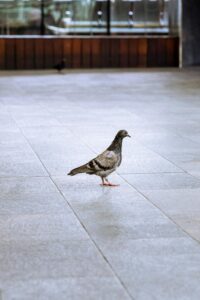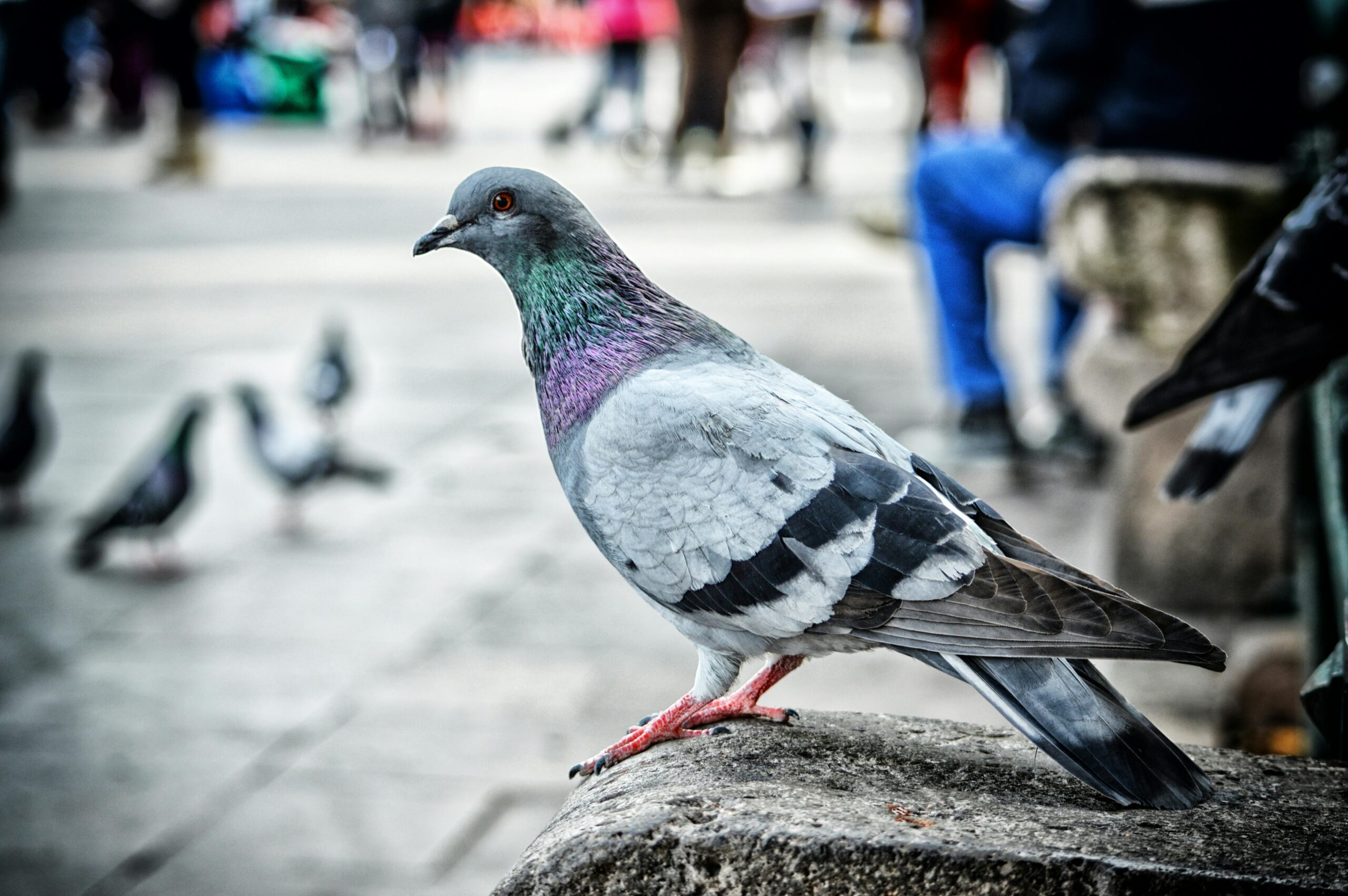
What to do if you find a lost pet bird that strays in the neighborhood or hangs on a nearby tree will depend on so many factors of which one is understanding the nature of the bird.
Birds are exotic pets that are known to be excellent companions just like other domesticated animals such as cats, dogs, etc.
Finding a lost pet bird raises concerns about its ownership if there is any or if it is an abandoned bird.
You will have several thoughts on how can you reunite the lost bird with the family or caregivers or give the bird a new home.
Birds are very unique creatures and their handling is quite different compared to other animals because they see everyone except their owners as a predator.
However, here are a few steps to take to help a lost bird that will most likely be suffering from stress.
These steps should be taken with utmost care because birds are delicate animals that are not easy to approach.
Approach With Care:
Birds are very delicate animals that can be easily startled by movements, noise, and voices.
You should approach the bird calmly from the front else it will fly away thinking you are a predator.
To avoid any bite from the bite beak, avoid touching the bird’s mouth, and legs.
It is best advised to hold the bird’s feathers or back head gently.
Provide Shelter/ Contain To Safety:
If you can, lure the lost bird to a containment using seeds, fruits, nuts, nectar, mealworms, or suets.
The shelter provided should contain little open spaces with air holes and should be well covered to prevent the bird from escaping.
If you can, the shelter provided should preferably be a cage and should be kept away from other animals and noise.
If the weather condition is hot, provide a damped towel to help keep the bird cool and calm, if the weather is cold, provide a heating source to make the bird warm and calm.
As much as possible try to prevent any more stress on the lost bird.
Provide Food And Water:
After luring the bird with edible foods, provide more and clean fresh water to aid digestion. birds feed on
- Seeds: black oil sunflower seeds, thistle seeds, and safflower seeds, are eaten by cardinals, sparrows, finches, siskins, goldfinches, chickadees, etc.
- Fruits: oranges apples, and berries are eaten by woodpeckers, robins, mockingbirds, orioles, tanagers, waxwings, etc. They cannot be eaten in full but in bits when sliced.
- Nectar: Hummingbirds are nectar feeders.
- Nuts: nuts such as peanut and peanut butter are high-energy source foods.
- Mealworms: They are rich in protein nutrients especially when dried and are usually eaten by insect-loving birds such as bluebirds, wrens, and warblers.
- Suet: It is a mixture of human fats, seeds, or insects in some cases. They are rich in energy sources just like nuts and also eaten by nut-loving birds.
Check For Identification:
Every pet animal has a means of identification when lost. Cats without a collar can be identified using a unique identification number as well as other means.
In birds, the means of identification is also similiar to lost cats.
Birds have tags, bands that are usually attached to their legs. In some cases, they have microchips just like other pets like cats and dogs.
They are usually implanted on the skin of a bird and when scanned, it contains the contact information of the bird owner or the information of the chip manufacturer.
To scan for a microchip, you will need the services of a skilled professional such as a veterinarian and any information provided from the scan is reliable and should be trusted.
Ask Questions:
You can start by asking questions about the exact breed of bird for you to be able to narrow your search to those in the locality that have the exact breed.
When the breed of the lost bird is known, you can ask neighbors, or bird pet owners to know if they can identify the bird or the owner or those with the exact breed of bird.
Extend your search by asking local vets, visiting bird parks, etc.
Contact the Local Animal Shelter And Rescue Groups:
Local animal shelters, rescue groups, and veterinarians are usually some of the first places where people report the loss of their pets.
You should endeavor to visit the ones nearby and provide them with all necessary information on where you found the bird, the identity of the bird ( breed and features), and all the steps taken by you.
There is a high chance the bird owner would have contacted one of these places or they can help you reach the pet owners faster than you can.
In some cases in the meantime, they can teach you how best to take good care of the lost bird while the search is ongoing.
Use Of Social Media And Other Platforms:
Take a picture of the lost bird and upload it on social platforms with a descriptive narration of thee bird.
You can also use local bird listing sites and forums such as Parrot Alert which helps to check and connect missing pets with their owners when reported.
These social listing platforms, websites, and forums can reach a far wider audience faster than word of mouth.
Provide Basic Needs And Amenities:
Birds just like every other living animal need a balanced diet, fresh and clean water, comfort, healthcare, companionship, nesting grounds, etc.
They should be protected from predators such as hawks, eagles, owls, snakes, fish, insects, spiders, and of course humans, etc.
They should also be protected from harsh weather conditions and noise.
Local Laws Compliance:
Depending on your locality, there might be a legal framework regarding the care, handling, use, and habitation of birds.
Understanding and compliance with local locals is very important to keep you and the lost pet safe.
Conclusion:
Birds are exotic pets that should be well taken care of whether adopted or found by an individual.
Some species of birds are extinct or endangered. If and when you find a lost one, after trying all means to locate the owner and it fails, you can consider giving it a new place to call home.

